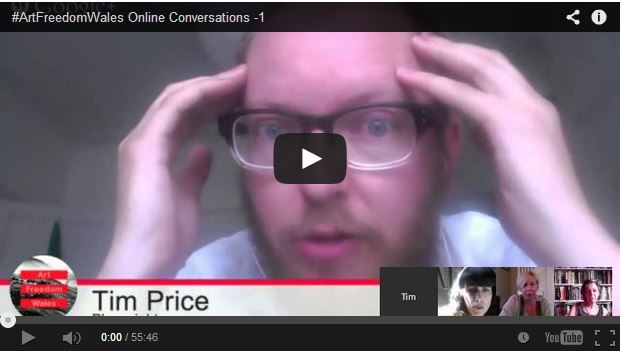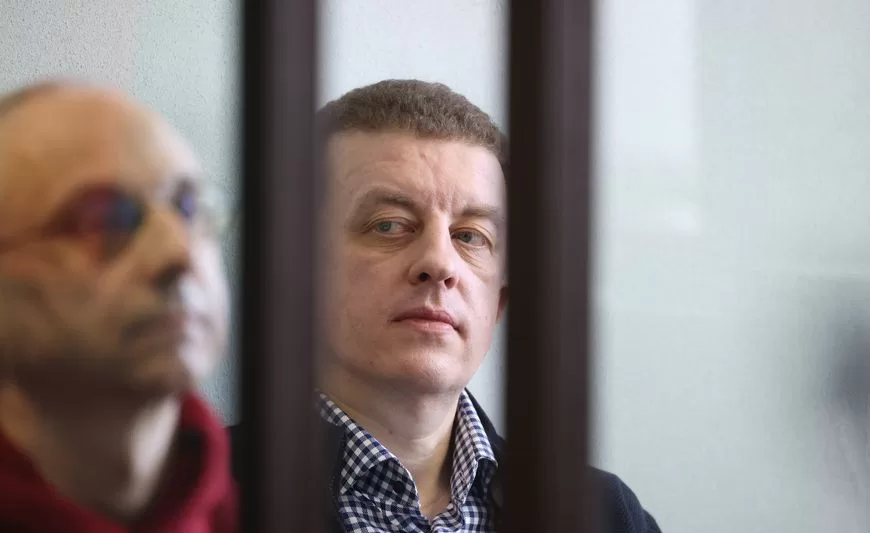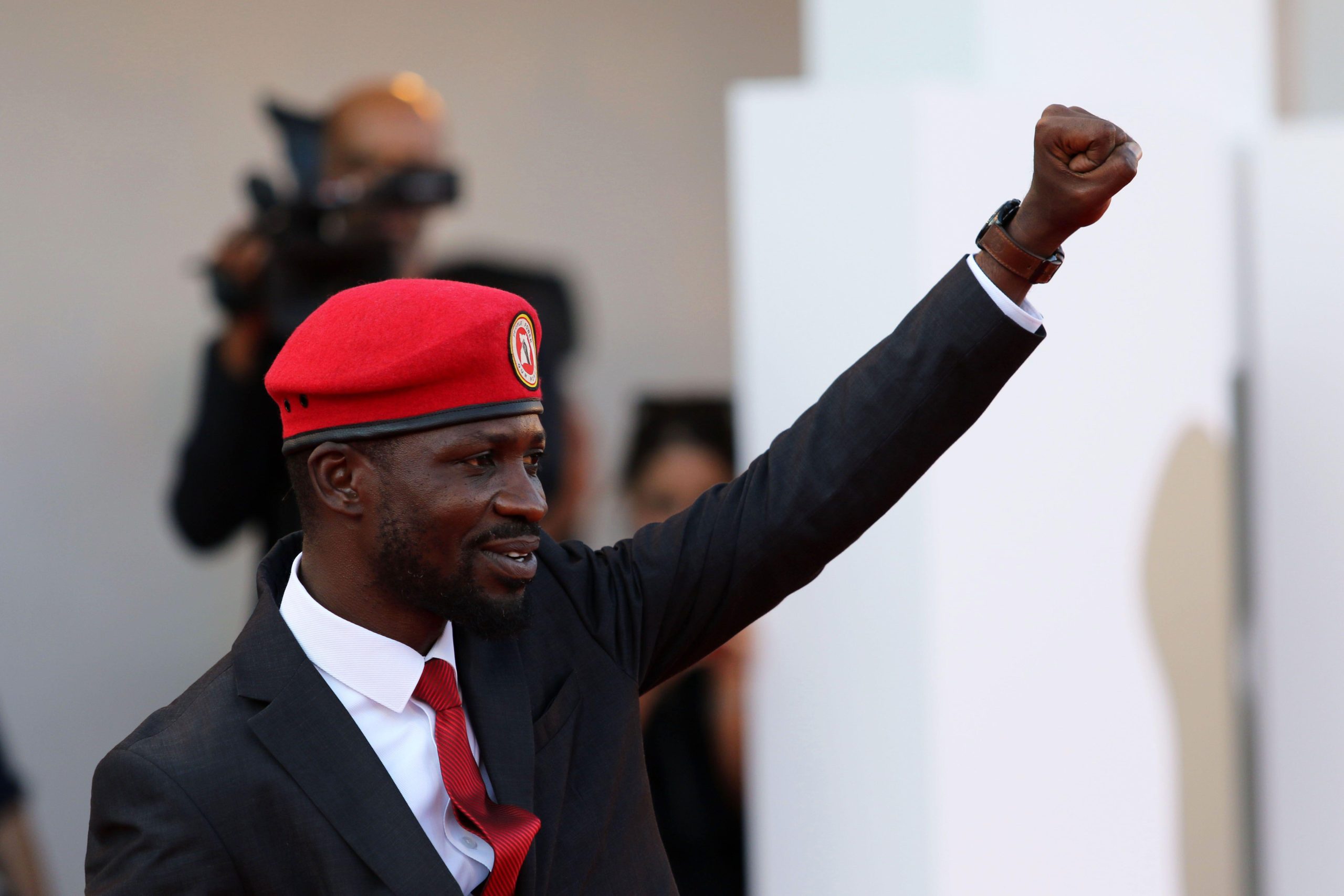Index on Censorship’s ArtFreedomWales launched on Friday with the first online conversation about artistic freedom of expression in Wales with playwright Tim Price, singer, actor, writer Lisa Jen, poet and writer Kathryn Gray and visual artist Leah Crossley – though unfortunately we lost Crossley’s connection early on.
The live-broadcast, hosted by Julia Farrington (Associate Arts Producer Index) opened on the question: “How free do you feel to express yourself as an artist in Wales?”.
Price kicked off by talking about the constraints posed by the Welsh language. “We are a bilingual nation, but we [artists] are not all bilingual…There is a whole element of Welsh experience that isn’t available to me because I don’t speak Welsh.
Gray agreed, “language barrier blocks expression and collective understanding of our differences and similarities. This is disabling for the arts in Wales.”
Jen, whose first language is Welsh, moves comfortably between the two – singing in Welsh, writing plays in English – as this seems the most natural way to express herself. But there are massive problems “when you try and do things bilingually like run a workshop in Welsh, and bilingualise it – then it’s impossible. English always oppresses the Welsh”.
Our next broadcast in Welsh in August 1st, will look specifically at the opportunities for and obstacles to expression for artists working in Welsh.
Price also stressed that for most people access to opportunities to express themselves through the arts is the greatest obstacle of all. The panellists all agreed that this was as much to do with a “collective low self-esteem across the country” or as Jen put it: “Whether you are a Welsh language speaker or not, we are a flipping insecure nation.” Price said that the most common problem he finds when he runs writing workshops “is that many people believe that no one can possibly be interested in what we have to say.” The legacy of being England’s oldest colony and Westminster’s failure to invest in infrastructure, were cited as contributory causes.
Other obstacles discussed included self-censorship – how cultural institutions and the subsidy culture influence what is sayable, the imbalance between the considerable support for poets and the lack of support for playwrights who want to make the big step into the professional arena. Gray also pointed to the Welsh media’s lack of critical engagement on an artistic or political level that “would help people to understand the regime we are living under”.
There were strong positives too – the support for emerging artists, a great DIY culture amongst fellow artists at grassroots level, new cultural infrastructure – and the acknowledgement that Wales was an exciting place to be an artist now. Jen: “We have freedom to do whatever we want but few playwrights are making big, political work with a big massive voice.” She went on to say that there is no shortage of issues for Welsh artists to make work about but “we are playing safe. I am sick of seeing safe work that doesn’t tell me anything. I want to feel scared, feel danger.” Gary agreed, “Art should be about smashing things up. May things come from the ruins.”
But is there an appetite for more courageous, challenging work amongst the audience? The panellists agreed that the audience in Wales is innately conservative – the fact that Radio Cymru said that Jen’s music was not suitable for daytime listening is evidence of this – has to be taken into account. As Price said “We are a nation under siege from England, so culture remains about preserving and sustaining what we have.”
Follow and participate in the discussions @artfreedomwales.
Find out more about Index’s UK arts programme.
This article was posted on July 21, 2014 at indexoncensorship.org





